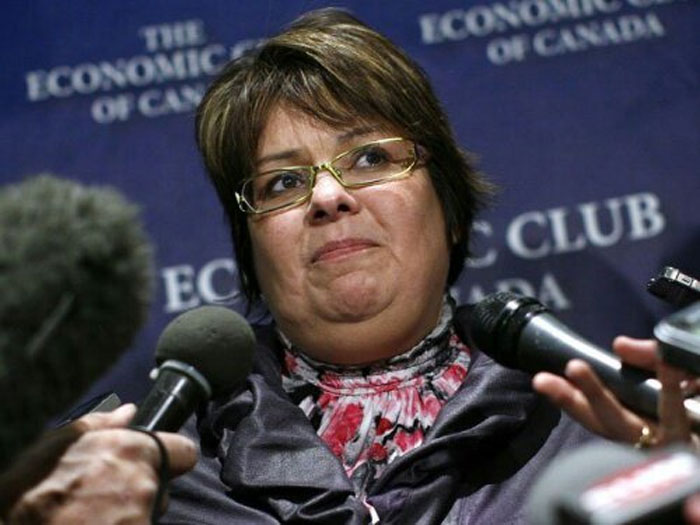Prior to the Olympics I heard an interesting rumour from a source close to the business that CTV’s Lloyd Robertson would be pulling up anchor and moving on after the company’s high profile gig of playing host network to Canada’s 2010 Vancouver Olympics. It was the kind of information that you’d want to triple-check and the kind of tidbit of info that you’d want to ensure isn’t confirmed from sources who had only heard the same from the original rumour monger. While it was never enunciated broadly, it graced the front of one media watcher’s blog and threatened to make its way onto talk radio. Robertson himself acted to quash the rumour declaring that he had no announcement to make and that he’d be staying on for the nightly newscast.
That is, until last evening.
The man that anchored CTV’s flagship newscast and who had done so since 1984 told friends, colleagues and the industry that it was time to wrap it up. Anchor politics have been relevant to the mainstream news business in the past and indeed, with recent shakeups including the entry of Sun News on the scene, anchor politics are in play again.
In the United States, the retirement of Dan Rather and introduction of Katie Couric set off a lot of chatter. The passing of the torch between an outgoing Tom Brokaw to an incoming Brian Williams represented a similar “seismic” shift over at NBC.
But are such events as relevant as they once were?
In an evolving media landscape, the news consumer has more options than David Brinkley vs. Walter Cronkite. As they unfold, national and international news events are disseminated in a less fixed (or indeed less anchored) manner, but rather more in a diverse, disparate, and distributed fashion. One time, sitting on a political panel for one of the Canadian networks, I found it telling and perhaps unsurprising that the host was keeping on top of emerging stories not via the news wire, but rather via National Newswatch — an amateur independent news aggregator that is well-read among political types in Ottawa. Former CTV political host Mike Duffy famously kept us up to the minute via tips sent to his Blackberry. And even since, I’ve learned that while even the Prime Minister’s Office keeps on top of news via National Newswatch and similar news aggregators, much of their breaking media monitoring operations has shifted to tracking emerging chatter on Twitter. Whole government departments are now contracting social media monitoring to keep on top of issues and to conduct their media management. The department of Heritage sought a social media guru to keep track of anti-seal-hunt chatter to provide intel of possible disruptions during the Olympics and even in the aftermath of the G20 violence, police are using social media networks to identify perpetrators.
Regarding packaged content that can be monetized, companies are scrambling to understand the landscape as it shifts. Google is set to make a serious entry later this year with its Google TV offering which will allow the further convergence of search/web/television and make it accessible to the average end-user. Google’s YouTube announced YouTube Leanback this week which previews the socially-aware web-television interface where whole channels of content will be dedicated to videos produced and shared by one’s Facebook friends, Twitter followers and Google contacts. The format promises to be open to developers and therefore we may yet see new imagined methods of information consumption emerge.
The significance of this? The media space and the distribution of content is becoming less top-down. Today, in contrast to ten years ago, it matters less to the Prime Minister’s Office to get their story on The National. Much has been written about the Conservative’s strategy of narrow-casting to local and ethnic media. Even more has been written about the waning influence of broadcast news to cable. Former PMO Director of Communications Kory Teneycke is banking $100 million of Quebecor’s money on this newer front. What may yet be the newest frontier is tapping into the emerging importance of building online networks of influencers bottom-up from a populist rather than top-down elite information distribution model.
What happens when the 500-channel universe and 15-minute news cycle gives way to an unbound media universe and “cycle” (soon to be a misnomer) consistently in flux? Will we need an anchor? Or will we be happy to float along the tide?
In old media, we see another changing of the guard and Lisa LaFlamme should be congratulated for her career accomplishments that brought her to anchor CTV’s newscast. However, it will be how she and her company adapt to a broader, more fluid and bottom-up media culture that will determine their success in the next phase. Because that’s the kind of era it’s been. Now to the future.


